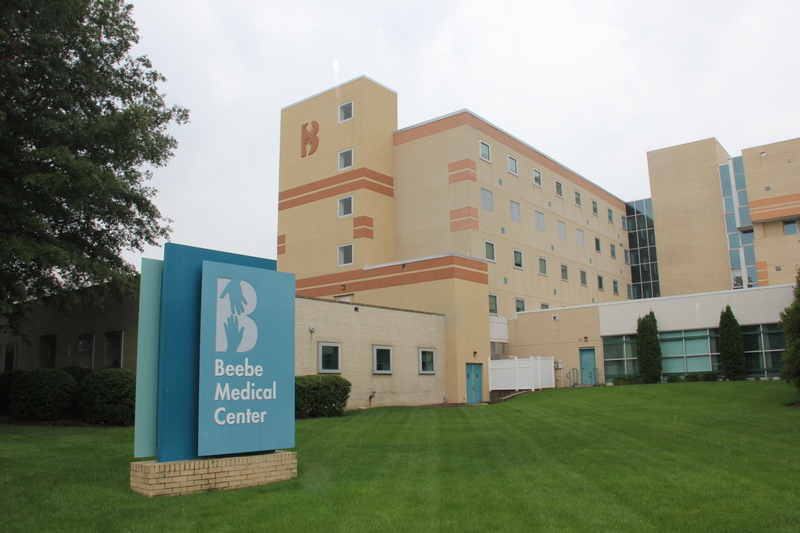It’s been a healthcare kind of a week. The Cape Gazette just received notice that its Aetna healthcare insurance premiums will go up 31 percent starting Oct. 1, for no apparent reason. That’s swirling around in the midst of all the Obamacare uncertainty and half-billion-dollar quarterly profits being reported by Aetna and other insurance companies. Given that healthcare costs are rising more slowly now than they have in the past 50 years while insurance company profits continue to swell, an increase like that is hard to swallow.
In Delaware, the number of healthcare insurers has essentially dropped from three to two with the purchase of Coventry by Aetna. Is it any surprise that the prices being quoted by Aetna and Coventry are close? Delaware’s other insurer is Blue Cross Blue Shield, which has changed its name to Highmark. Its rates have always been the richest in Delaware.
Then there’s the state-run insurance marketplace scheduled to come on line in January. Sen. Tom Carper spoke about that this week at meetings in Georgetown and Lewes. Details are scarce, but it’s supposed to give us more options.
Have to wait and see. And that’s the mode everyone’s in right now as the nation switches gears to make sure everyone has health insurance.
The big question is, can it be accomplished without taking the nation into bankruptcy?
“We’re all just feeling our way along,” said Beebe Medical Center President Jeff Fried on Tuesday. “This is a brand-new approach, and we all have to keep the ultimate goal in mind, which is better care at a lower cost. The old system is unsustainable. It’s estimated that 700,000 people have been declaring bankruptcy each year across this country because of medical bills they can’t pay. It has to change. There are lots of ideas out there. Some will work and others won’t. But we have to try.”
One idea on the table is the Medicare Shared Savings Program. “It’s Medicare’s way of incentivizing savings,” said Fried. “We’ve applied to be in the program. If approved, it will be based on the number of primary-care physicians we have signed up and the number of individuals they care for. Right now it’s about 27 doctors and 15,000 people. If by changing the delivery of care we can reduce all of the costs associated with the care of those individuals, then we would share in the savings. A portion of the savings realized by the Medicare system would go to the medical center and a portion to the doctors.”
To make this all happen, Fried and the Beebe team are using phrases like clinically integrated networks, care coordinators and health coaches. The whole goal is to keep people healthier by making sure they go to their doctors, avoid duplication by keeping better track of their records and activity, fill their prescriptions, take their medicine, stay active in walking or other programs, provide transportation if needed, and check on them periodically. People who comply with what the doctor prescribes tend to avoid the more serious, and more expensive, problems that come with noncompliance. That can lower costs.
“We’ve already started doing it with our own employees and their families,” said Fried. “We will spend $22 million this year on their healthcare. If we can save here by keeping better track of people and how they’re managing their health, we will share those savings with our doctors as well.”
With Medicare and Medicaid constantly challenging costs being charged by hospitals and doctors, medical centers like Beebe have to find ways to deliver quality healthcare at lower cost. “Payment issues are affecting us, as is the sequester,” said Fried. “And in 2014 we’re told to expect a 2 percent reduction in Medicare reimbursements.” In an area like Delaware’s Cape Region with a high percentage of older people on Medicare, such cuts are significant.
Fried said hospitals all across the country are improving their processes to meet the challenge, which is bringing widespread benefits.
The Affordable Health Care Act - Obamacare - is having a big impact, he said. It’s systemic. “It has become a burning platform,” said Fried. “It really is an exciting time to be in healthcare.”





















































